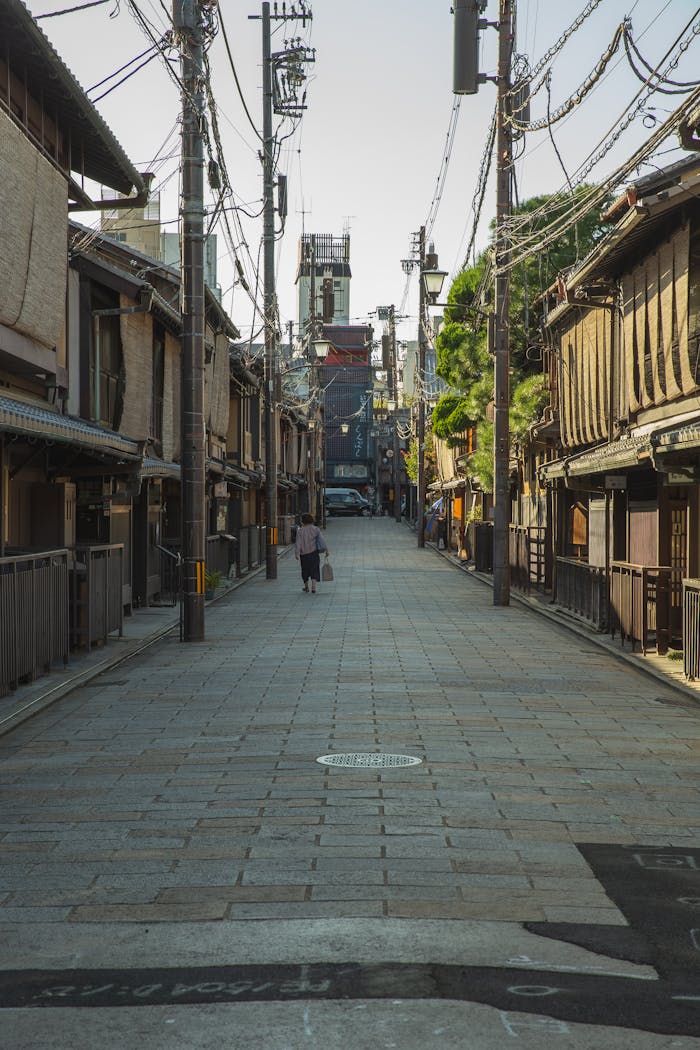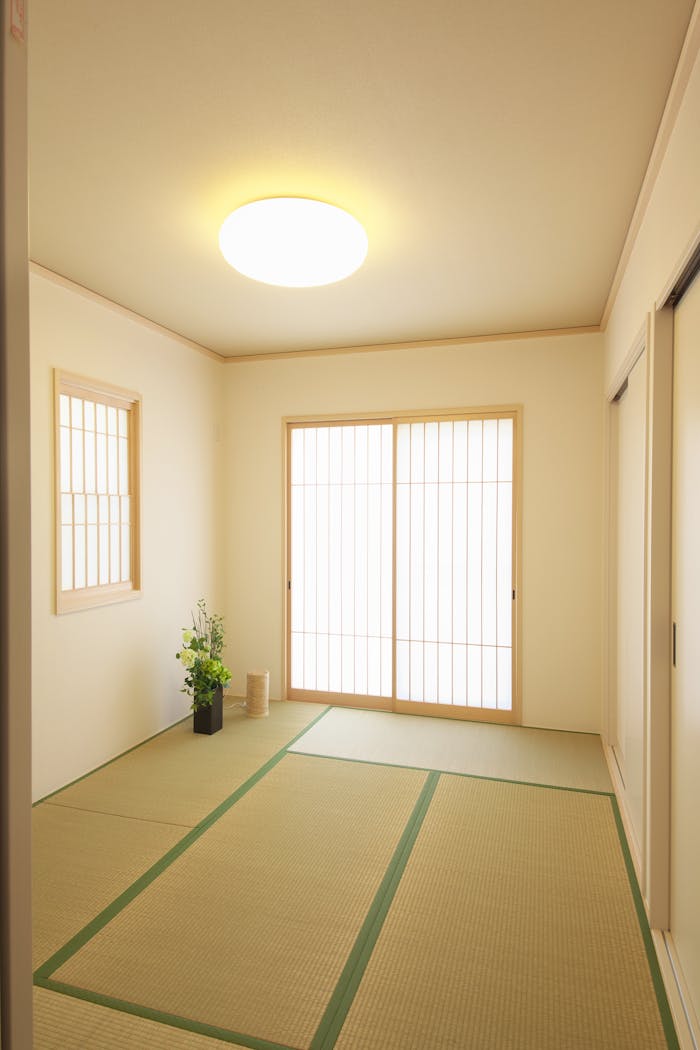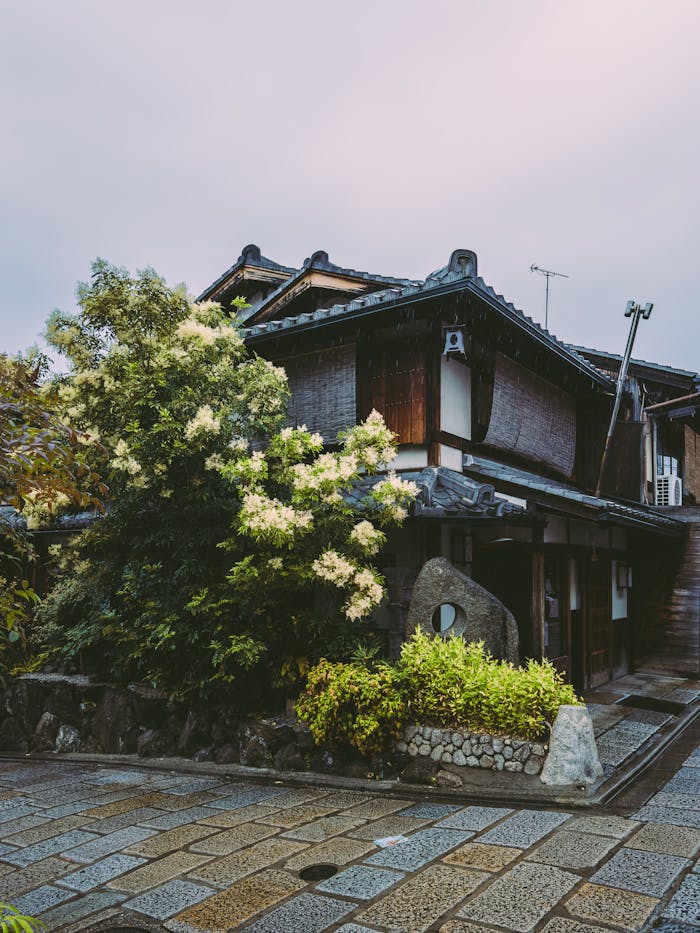Have you ever heard about free houses in Japan? You might have seen headlines about akiya—abandoned homes that are sometimes given away for next to nothing. It sounds too good to be true, right? A chance to own a home in beautiful Japan for free! However, while it’s an exciting idea, the reality of “free” often comes with hidden costs that buyers need to be aware of. Let’s take a closer look at these akiya homes and why “free” doesn’t always mean there are no expenses.
What Are Akiya Houses?
Akiya refers to abandoned or vacant houses in Japan, often located in rural areas. Due to Japan’s declining population and urban migration, many homes have been left empty, leading to entire neighborhoods of vacant properties. To combat this, some local governments and organizations have created akiya banks—databases of vacant properties available for very low prices, sometimes even for free.
Why Are Some Akiya Homes Free?
The idea of a free house in Japan is part of an effort to breathe new life into rural communities. With many young people moving to urban centers, rural towns have seen a decline in population, and homes are left behind without anyone to care for them. By offering homes for free or at very low costs, local governments hope to attract new residents to revitalize these areas.
The Real Costs of a “Free” Akiya
While getting a house for free might sound like a dream come true, it’s important to understand the potential costs involved:
1. Renovation Costs: Many of these akiya homes have been vacant for years, often without any maintenance. The cost to make these homes livable can be substantial, ranging from repairs to the roof, plumbing, electrical systems, and even structural issues. Renovation costs can quickly add up, making the “free” house far from inexpensive.
2. Legal Fees and Taxes: Even if a house is free, you still need to pay for legal transfer fees and property taxes. Japan has annual property taxes that are based on the value of the land and the home, which is an ongoing cost that you’ll need to budget for.
3. Demolition Costs: Some akiya are in such poor condition that renovation may not be feasible. In these cases, demolition might be necessary, and that cost falls on the new owner. Demolition can be quite expensive, especially if the property has hazardous materials like asbestos.
4. Location Challenges: Many of these properties are located in remote areas with limited access to public services, schools, or employment opportunities. While the countryside of Japan is beautiful, living far from urban centers might mean challenges in daily life, especially regarding transportation and convenience.
Why Akiya Houses Can Still Be a Great Opportunity
Even with the costs mentioned, buying an akiya can still be a wonderful opportunity if you’re ready for the challenge. Restoring an abandoned house gives you a chance to create a unique, personalized home in a picturesque setting. Plus, you’ll be contributing to the revitalization of a community in need, which can be incredibly rewarding.
If you are someone who loves the idea of a renovation project and wants to experience life in the Japanese countryside, an akiya could be perfect for you. Just keep in mind that “free” often means you’re taking on a labor of love, not a quick deal.
Akiya with Eigen Huis Japan: Making an Informed Choice
At Eigen Huis Japan, we understand that taking on a free property isn’t always as easy as it sounds. Our goal is to help you navigate the complexities, understand what needs to be done, and help you find an akiya that fits your dream of owning a home in Japan.
We can help connect you with trusted contractors, guide you through the legal requirements, and ensure you’re making a decision with all the information you need
While akiya homes can be obtained for very low or even no cost, it’s crucial to understand the responsibilities and potential expenses that come with them. From renovations and legal fees to taxes and potential demolition, owning a free house is far from costless—but it can be incredibly rewarding if you’re up for the adventure.
Interested in exploring akiya opportunities in Japan? Contact Eigen Huis Japan today, and let us help you turn that dream into a reality—no surprises included!


